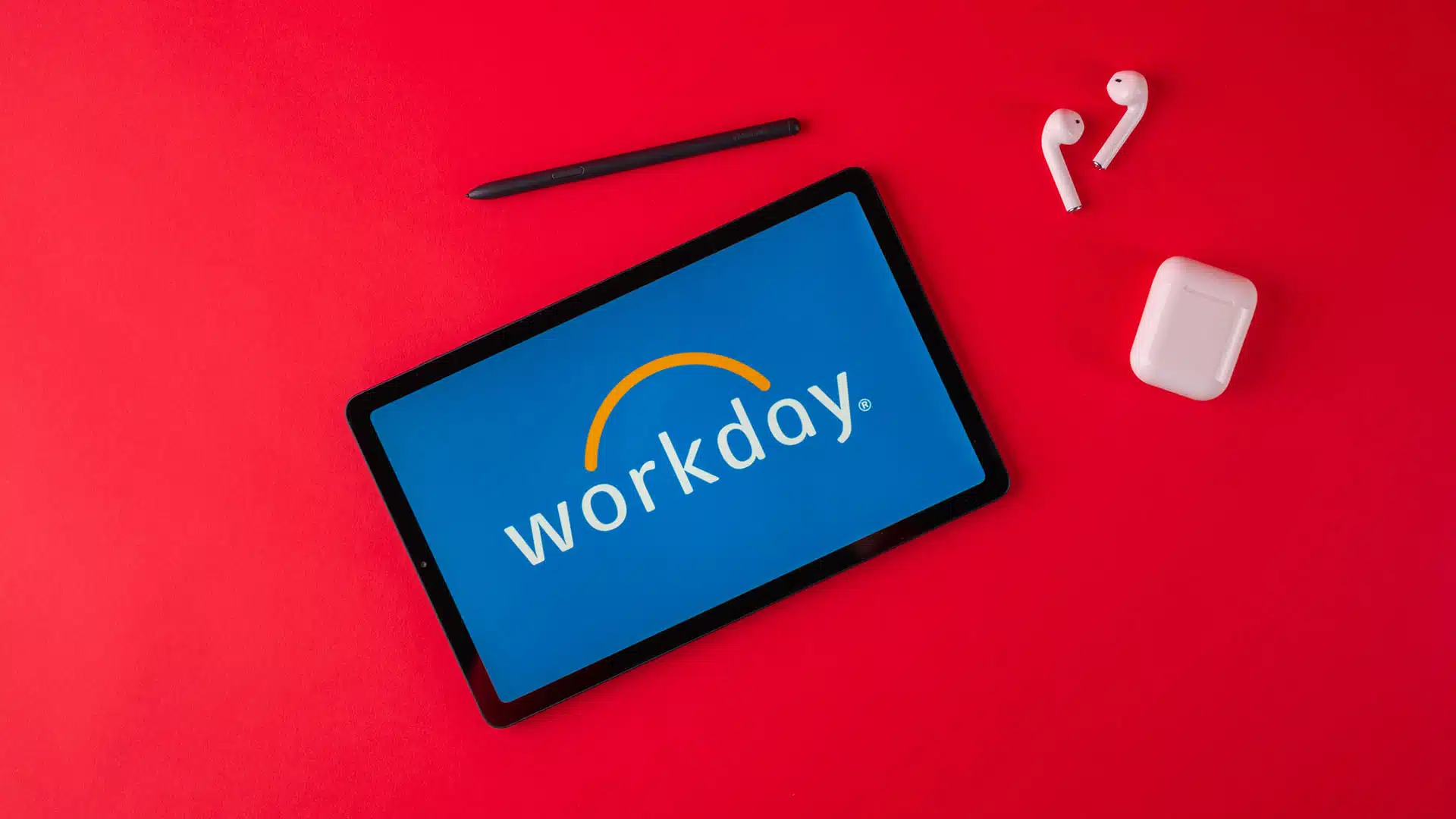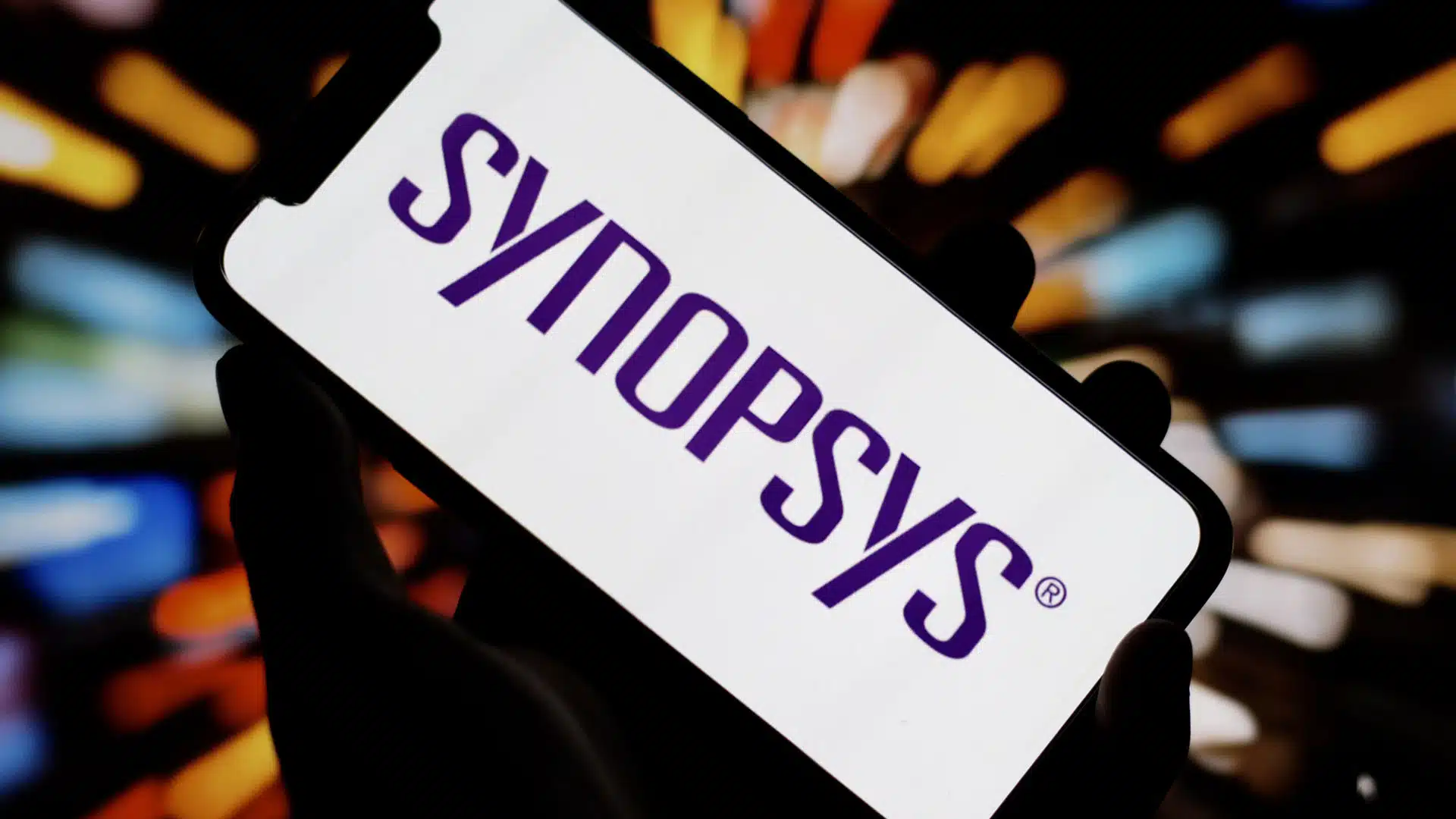Chilean startup Ocular Solution may have found the missing piece in the customer journey puzzle of why visitors to a site do not turn into customers. The solution to the puzzle is video chat, or the online, face-to-face visual communication carried out with other internet users by means of a webcam and dedicated software.
Ocular Solution CEO Fernando Moya said the COVID-19 pandemic made it clear that live chat and chatbots could not replace the personal, face-to-face interaction that online shoppers craved as they navigated the digital realm. The desire among shoppers to talk to a real person prompted Moya to come up with a platform that helps clients add a video chat element to their site and integrate it with their existing tools, such as HubSpot or Pipedrive.
Ocular Solution was a participant in Startup Alley at TechCrunch Disrupt, held September 21 to 23, where hundreds of startups exhibited products, platforms, and services in hopes of attracting interest from investors looking for portfolio potential.
Video chat, Moya’s solution, can be a handy tool for customer support, onboarding, and sales. It is especially effective in consultative selling, in which an end user is hoping to have questions answered before proceeding further.
Moya also sees video chat as an efficient way to reduce the cart abandonment rate—a major issue in e-commerce. Aggregating data from 44 studies, user experience (UX) research institute Baymard estimated the average documented online shopping cart abandonment rate at near 70%.
While many reasons could explain why visitors to a site do not turn into customers, Ocular found out that offering video chat can help boost conversions. The startup’s customers boast an average service-related Net Promoter Score (NPS) of 8, with conversion rates starting at 15% and peaking at 250% during CyberDay, Chile’s e-commerce promotion event.
“The quantity of people requiring video assistance is growing very fast,” Moya said. Although Latin America’s e-commerce has not reached the same penetration levels compared to North America and Western Europe, sales are increasing at a faster pace than in other regions. New online consumers are more likely to look for an experience equivalent to in-person shopping.
Moya launched Ocular in Chile, where he had previously co-founded another company, Wingsoft, from which Ocular was spun out. But the startup is already looking beyond the Chilean border, and it already has clients in other Latin American countries. Moya expects that more people will want to become video chat attendants, and he predicts an upcoming “Uberization” of the segment. “Use cases for video support are varied, and new ways of applying it are appearing every day,” he noted.
Author Information
Alex is responsible for writing about trends and changes that are impacting the customer experience market. He had served as Principal Editor at Village Intelligence, a Los Angeles-based consultancy on technology impacting healthcare and healthcare-related industries. Alex was also Associate Director for Content Management at Omdia and Informa Tech, where he produced white papers, executive summaries, market insights, blogs, and other key content assets. His areas of coverage spanned the sectors grouped under the technology vertical, including semiconductors, smart technologies, enterprise & IT, media, displays, mobile, power, healthcare, China research, industrial and IoT, automotive, and transformative technologies.
At IHS Markit, he was Managing Editor of the company’s flagship IHS Quarterly, covering aerospace & defense, economics & country risk, chemicals, oil & gas, and other IHS verticals. He was Principal Editor of analyst output at iSuppli Corp. and Managing Editor of Market Watch, a fortnightly newsletter highlighting significant analyst report findings for pitching to the media. He started his career in writing as an Editor-Reporter for The Associated Press.








